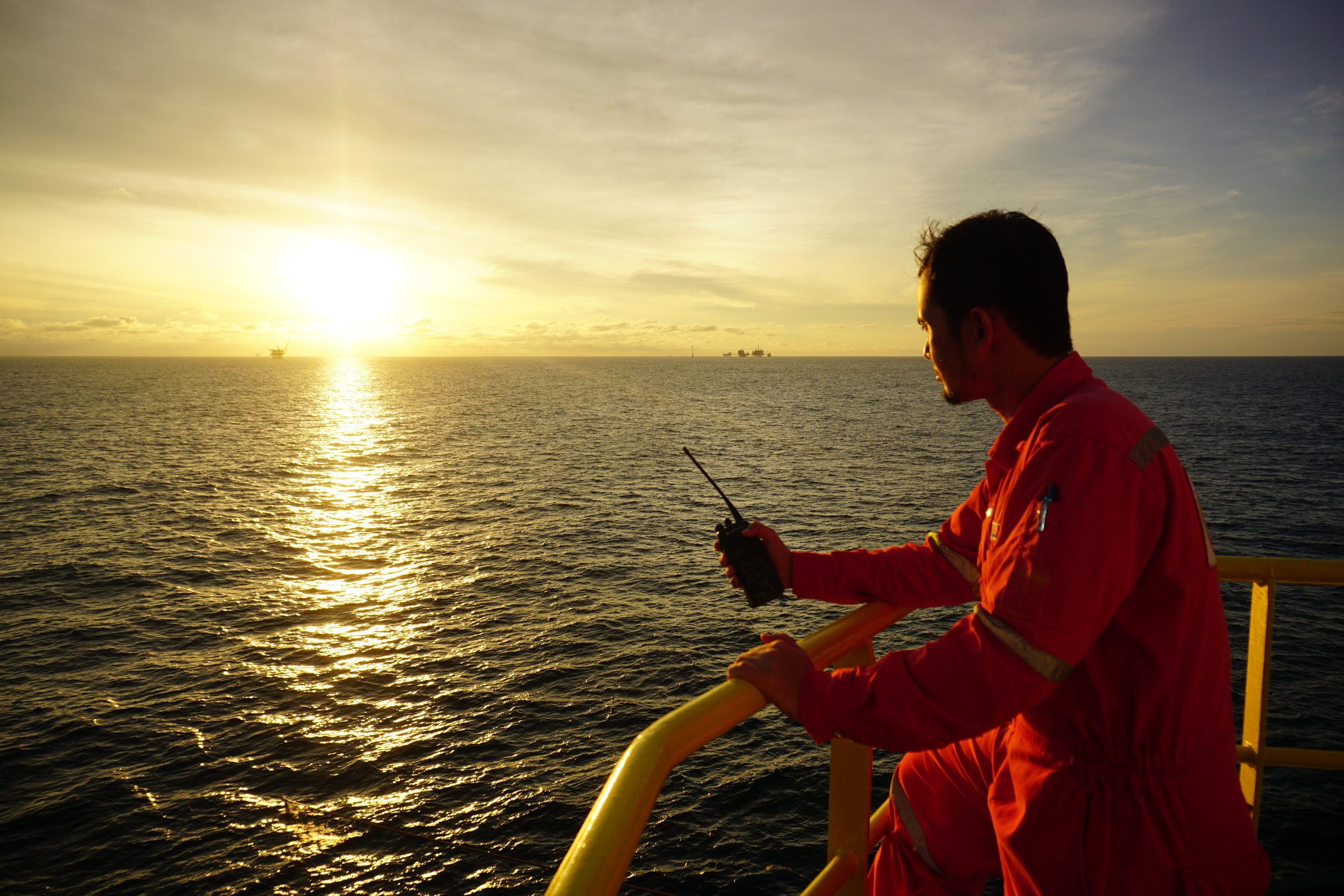
Red Sea Security
Commercial shipping has been at risk of attack in the Red Sea for over a year. While recent developments in the Red Sea security situation are encouraging, we recognize the complexity of the challenges ahead.
Ocean carriers will continue to make informed operational decisions to safeguard seafarers, cargo, and vessels while maintaining the movement of essential goods.
Commercial shipping under threat.
111
Attacks since November 2023
On 19 November 2023, the Galaxy Leader vessel and its 25 crew were seized by Houthis in the Red Sea. Since then, there have been 111 attacks on commercial vessels in the Red Sea. The Galaxy Leader crew were finally released on 22 January 2025 after 14 months in captivity.
With the relentless attacks putting seafarers’ lives at risk, many carriers elected to re-route all or some of their planned sailings through the Red Sea and the Suez Canal to instead go around Cape of Good Hope. Since November 2023 there has been a 90% decrease in Cargo Vessels transiting the Red Sea. Others take extensive security measures and risk the transit.
Carriers are responding to real risks and each carrier must adapt to the situation in the way that best keeps seafarers, cargo and vessels safe while at the same time serving customers’ needs.
We are grateful that nations have come together to protect seafarers and the vessels on which they serve.
Protecting seafarers,
cargo and vessels.
Many shipping companies have determined that the risks to their crews and vessels in the Red Sea are unacceptably high, literally life-threatening, and are taking the far longer route around the African continent.
Transiting around the Cape of Good Hope instead of through the Suez Canal adds millions of dollars in increased fuel costs and up to 17 days of additional transit time. The vessels still transiting are also seeing major cost increases: Skyrocketing insurance rates, added security forces on ships, contractually mandated war-risk premium pay for seafarers, and many other unavoidable expenses.

The security situation in the Red Sea highlights the need for safe and open maritime routes to support global trade.
Keeping trade flowing.
Download:
“Security in the Southern Red Sea and Gulf of Aden” - industry submission to the IMO Maritime Safety Committee (MSC 108/7/2)
Learn more about the competitive nature of liner shipping
80% of everything we buy comes by ship. Disruptions to the global supply chain can lead to higher costs and delays. Liner carriers have worked hard to re-wire an entire global network to manage the situation brought on by these unprecedented attacks.
However, this is not a sustainable solution long-term. Whether a vessel goes around the Cape or braves the Red Sea transit, operational costs are significantly increased. It also means that vessels are unavailable to take other cargo, and significant and costly repositioning and schedule changes may be needed.
Transits may take some more time and involve additional cost, but we will keep global trade running, and shipping costs will continue to be a very small percentage of the overall cost of goods.
Unified call for de-escalation
The shipping industry is united in calling for these attacks to stop. We utterly condemn these assaults which directly contravene the fundamental principle of freedom of navigation. Together, we call for States with influence in the region to safeguard our innocent seafarers and for the swift de-escalation of the situation in the Red Sea. We have heard the condemnation and appreciate the words of support, but we urgently seek action to stop the unlawful attacks on these essential workers and this vital industry.
Release of Galaxy Leader crew
Jan 22, 2025
“Finally. What immense relief for the Galaxy Leader crew and their families to hear the news of their release after 14 months in captivity," Joe Kramek, President and CEO of World Shipping Council said.
The detention of innocent seafarers is completely unacceptable and illegal.
The situation in the Red Sea has highlighted the critical need for safe and open maritime routes to protect seafarers and keep global trade moving.
Shipping industry calls for action following the attack on the MV Tutor and cargo ship Verbena
Jun 19, 2024
The shipping community is appalled and deeply saddened with the tragic news that, yet another seafarer seems certain to have been killed in a drone boat strike on Wednesday 12 June while on board the MV Tutor in the Red Sea. We utterly condemn these assaults which directly contravene the fundamental principle of freedom of navigation.
Latest news
Shipping industry call for help following the seizure of the MSC Aries and its crew members
April19, 2024
Your Excellency Secretary-General Guterres,
The maritime industry, represented by the organisations behind this letter, are grateful for the recognition that the UN Security Council and you personally have placed on the shipping industry and the importance of the free movement as set out in international law. We also thank and applaud IMO Secretary General Arsenio Dominguez for all the hard work raising the profile of shipping and our seafarers.

